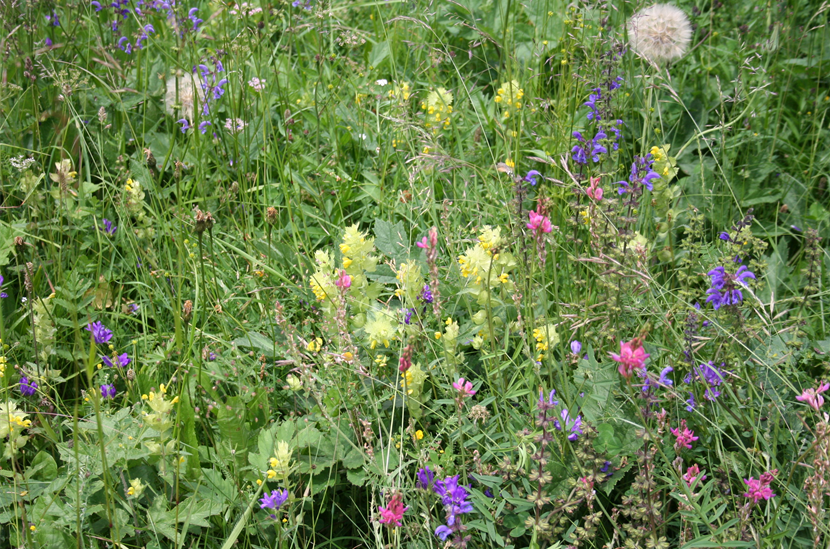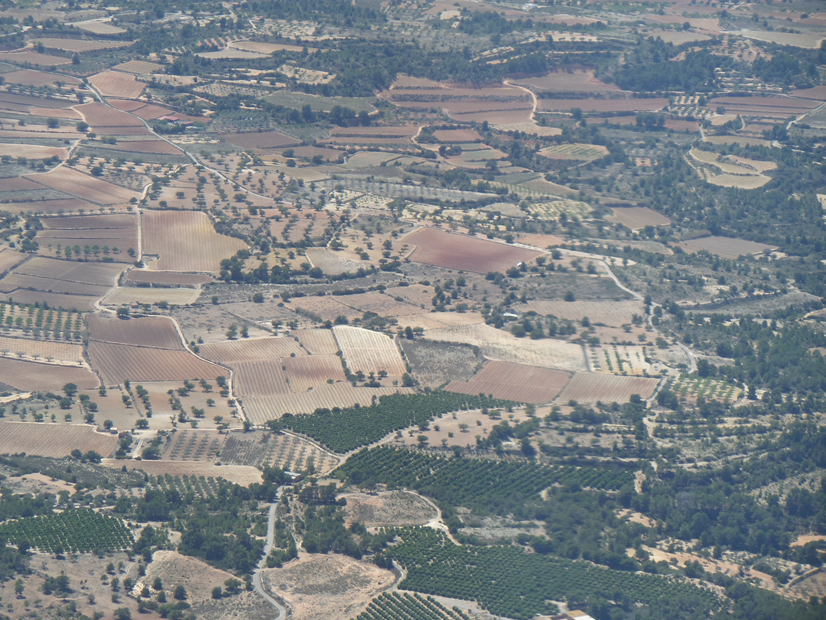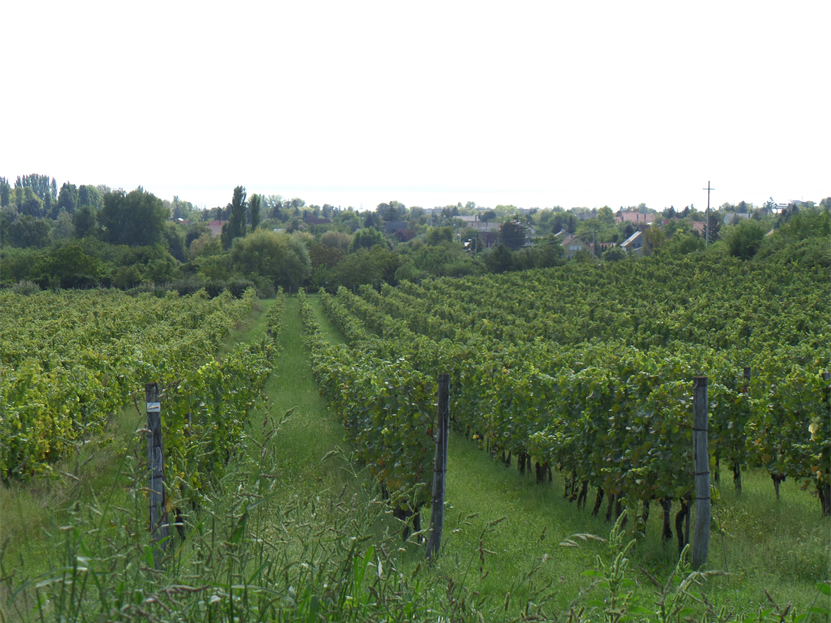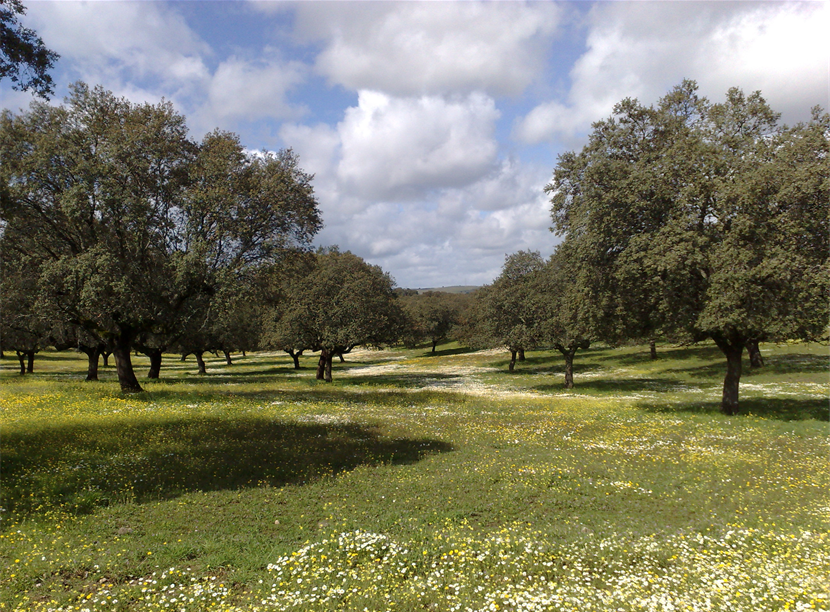Policy recommendations
Policy measures to promote knowledge and to support cooperation are key instruments to encourage agro-ecological transitions in Europe, in particular where farms are getting acquainted with agro-ecological practices and need to build up their knowledge base. The support to advisory services is the backbone of agro-ecological transitions, which involve shifting from an input-intensive to a knowledge-intensive production paradigm. Cooperation measures have the potential to create synergies between and within different food chains, to sustain capacity building, as well as to encourage consumer involvement. Agri-environment payments and payments for investments should be further tailored and targeted to specific farm types (e.g. small and medium farms) to favour broaden changes and to ensure the permanence of new practices. The Rural Development Program of the Common Agricultural Policy includes such instruments, which, however, might benefit from adjustments and targeting to embrace agro-ecology as a priority. Result-based payments for agro-ecological practices are important innovative instruments, the benefits of which are observed via pilot projects. Involving farmers in result monitoring could improve the cost-effectiveness of the measures.
Agro-ecological transitions require medium-long term strategic plans, able to foster farm-level change and to allow a gradual upscaling of agro-ecology at the territorial level, by:
- improving farmer knowledge, through cooperation and peer-to-peer learning, about the environmental benefits and economic opportunities of agro-ecology, through the mainstreaming of the experiences of the current EIP-AGRI Operational Groups;
- increasing the capacity of local actors to create agro-ecological networks and long-lasting horizontal and vertical collaboration in the food chain, with dedicated initiatives involving small and medium farms. This includes increased collaboration of farmers in shared storage, processing and marketing activities, and engagement of value chain actors including traders, retailers, restaurants, schools and consumers in the creation of value chains that recognise the requirements and benefits of agro-ecological farming and food systems. This would improve farmers’ bargaining power and value added, thereby reducing the dependence of agro-ecological farming systems on public support;
- enhancing sustainability standards for farming systems, where farmers are given greater responsibilities and rewards to reach environmental targets, also through new result-based Agri-Environment-Climate Measures;
- aligning private schemes and value chain initiatives to public sustainability standards, as foreseen by the Farm to Fork Strategy;
- including principles and practices of agro-ecology in school curricula covering principles of food production and consumption, agricultural practices, and social responsibility;
- improving the design and governance of agricultural policies and to apply a wider food system perspective of agro-ecological transitions to meet the objectives of the European Green Deal.
Specific recommendations considering the different contexts of agro-ecological transitions in the the case studies in the 15 European countries have been summarised in a set of case study policy briefs.
Policy briefs
Austria
- UNISECO H2020 policy brief: Mitigation of climate change by humus formation and regenerative arable farming in Eastern Austria
- UNISECO H2020 policy brief: Eindämmung des Klimawandels durch Humusaufbau und regenerativen Ackerbau in Ostösterreich
Czech Republic
- UNISECO H2020 policy brief: Improving soil properties on arable land by maintaining organic dairy farming in the Vysočina region
- UNISECO H2020 policy brief: Zlepšení půdních vlastností orné půdy udržením ekologického hospodaření mléčných farem na Vysočině
Finland
- UNISECO H2020 policy brief: The profitability of biogas investments remains an obstacle to achieving the carbon neutrality objectives of the dairy value chain
- UNISECO H2020 policy brief: Biokaasuinvestointien kannattavuus edelleen este maitoketjun hiilineutraaliustavoitteiden toteutumiselle
France
- UNISECO H2020 policy brief: Viticulture and agroecology (France). Cooperation between farmers to foster agroecological practices in viticulture
- UNISECO H2020 policy brief: Viticulture et agro-écologie (France). Coopération entre exploitants viticoles pour promouvoir les pratiques agro-écologiques en viticultre
Germany
- UNISECO H2020 policy brief: Supporting knowledge networks for sustainable farming practices in Lower Saxony
- UNISECO H2020 policy brief: Förderung von Wissensnetzwerken für eine nachhaltige Landwirtschaft in Niedersachsen
Greece
- UNISECO H2020 policy brief: The role of collective efforts in fostering agro-ecological transition in Imathia, Northern Greece
- UNISECO H2020 policy brief: Η συμβολή των συλλογικών προσπαθειών στην προώθηση της μετάβασης προς την αγρο-οικολογία στην Ημαθία
Hungary
- UNISECO H2020 policy brief: Soil conservation farming in Hungary: How policies could be improved to assist agro-ecological transition?
- UNISECO H2020 policy brief: Szakpolitikai ajánlás: Talajkímélő gazdálkodás Magyarországon Miként lehet segíteni a szakpolitikák javításán keresztül az agro-ökológia felé történő elmozdulást?
Italy
- UNISECO H2020 policy brief: Innovative policy tools and grassroots initiatives to foster the agroecological transition of a market-oriented winegrowing area (Chianti, Italy)
- UNISECO H2020 policy brief: Strumenti politici innovativi ed iniziative locali per favorire la transizione agroecologica di un'area vitivinicola orientata al mercato (Chianti, Italia)
Latvia
- UNISECO H2020 policy brief: Differentiation of support for organic farming based on the complexity of agro-ecological farming practices and performance of agro-environmental measures in Latvia
- UNISECO H2020 policy brief: Policies Enabling Transition to Organic Dairy Farming Systems in Latvia
- UNISECO H2020 Policy brief: Atbalsta pasākumu diferencēšana bioloģiskajai lauksaimniecībai Latvijā
- UNISECO H2020 Policy brief: Politikas atbalsts pārejai uz bioloģiskās piena lopkopības sistēmu Latvijā
Lithuania
- UNISECO H2020 policy brief: Small family dairy farms - from status quo to agroecological farming systems?
- UNISECO H2020 Politikos santrauka: Smulkių pieno ūkių ateitis – agroekologinių ūkininkavimo sistemų link?
Romania
Spain
- UNISECO H2020 policy brief: Supporting the development of an agro-ecological market through Measure 16.2 of the Rural Development Program (RDP) in Navarra
- UNISECO H2020 policy brief: Apoyar el desarrollo del mercado agroecológico en Navarra (España) a través de la Medida 16.2 del Programa de Desarrollo Rural (PDR)
Sweden
Switzerland
- UNISECO H2020 policy brief: Increasing the knowledge about income alternatives to intensive livestock farming of the Swiss Lucerne Central Lakes region
- UNISECO H2020 policy brief: Verbesserung der Kenntnisse über Einkommensalternativen zur intensiven Nutztierhaltung in der Region Luzerner Mittellandseen
United Kingdom
- UNISECO H2020 policy brief: Addressing barriers of culture, mindset and institutions through effective co-creation forums and networking, in North-east Scotland, UK
- UNISECO H2020 policy brief: Tackling the shortage of skilled and informed labour to deliver transitions to agro-ecological farming systems in North-east Scotland, UK
Project level briefs
- UNISECO H2020 policy brief: Recommendations for future research needs and actions to enhance agro-ecological transitions
- UNISECO H2020 policy brief: Operation of a Multi-Actor Platform in a transdisciplinary project focused on agro-ecological transitions
- UNISECO H2020 policy brief: Supporting advice, education and lifelong learning to promote agroecological transitions



